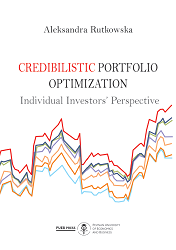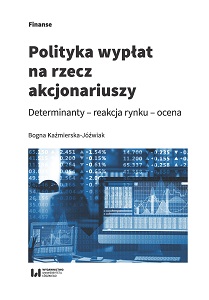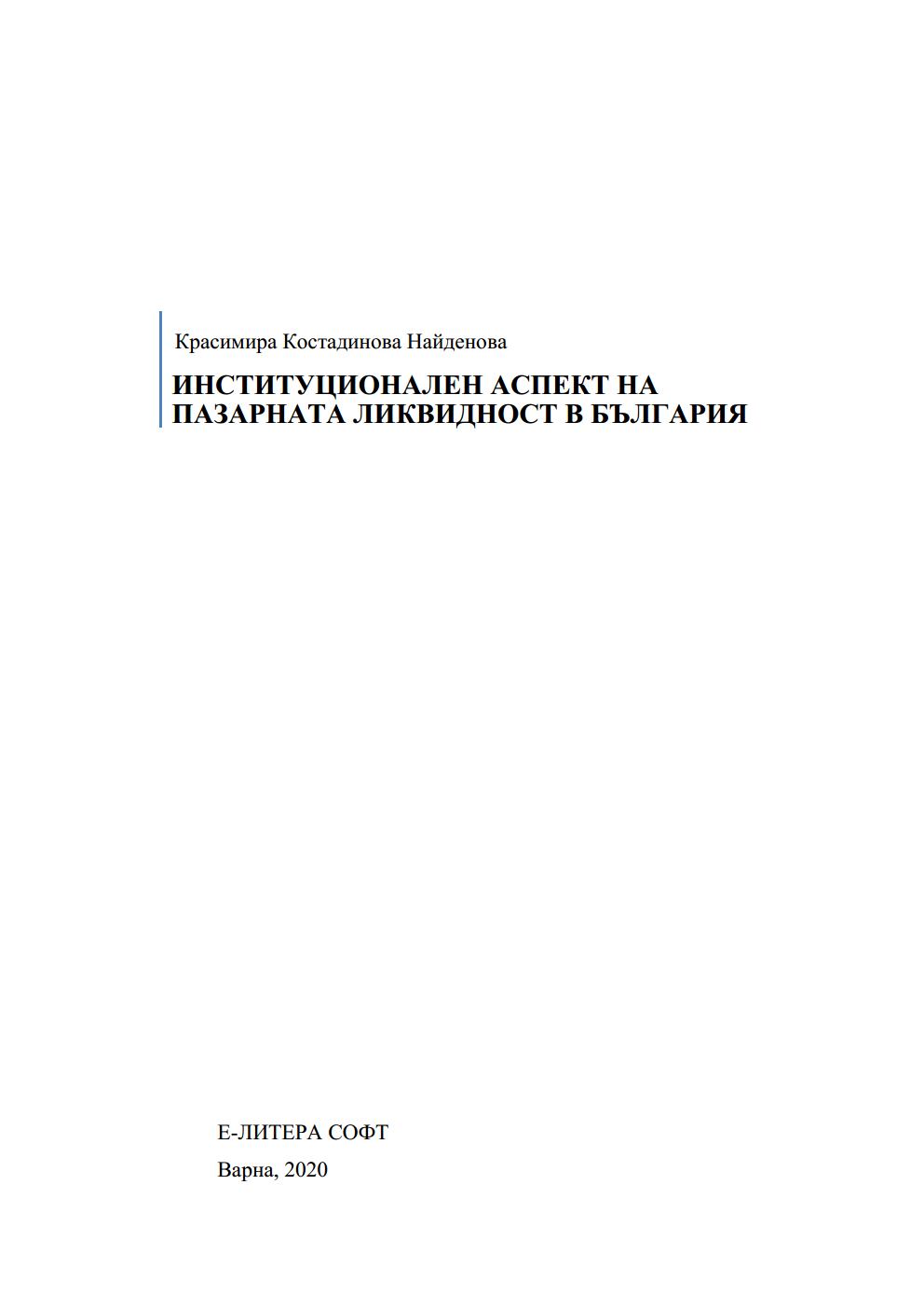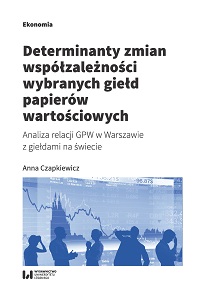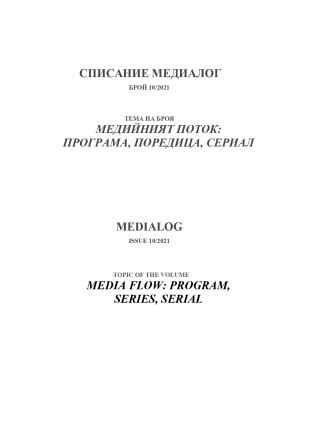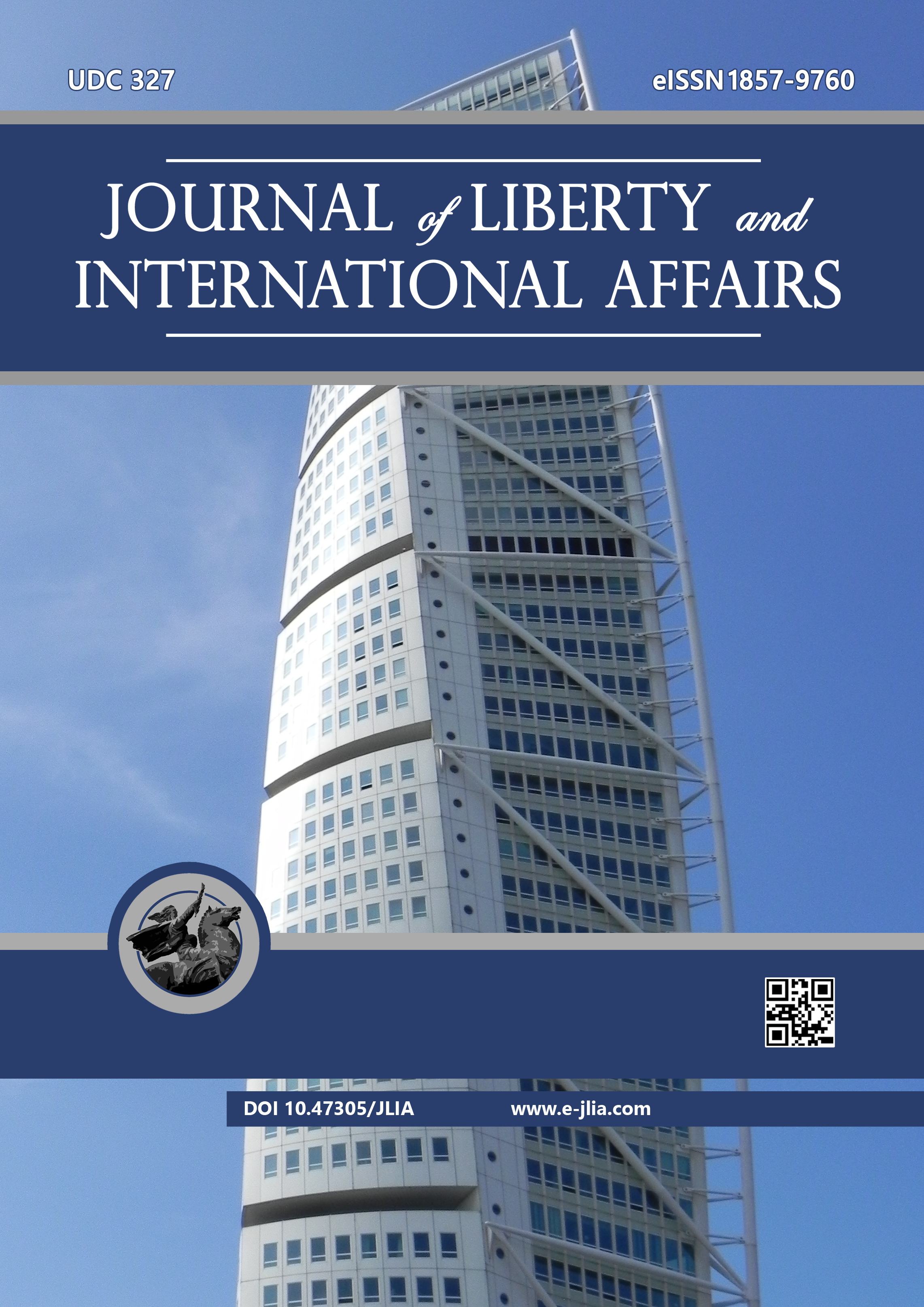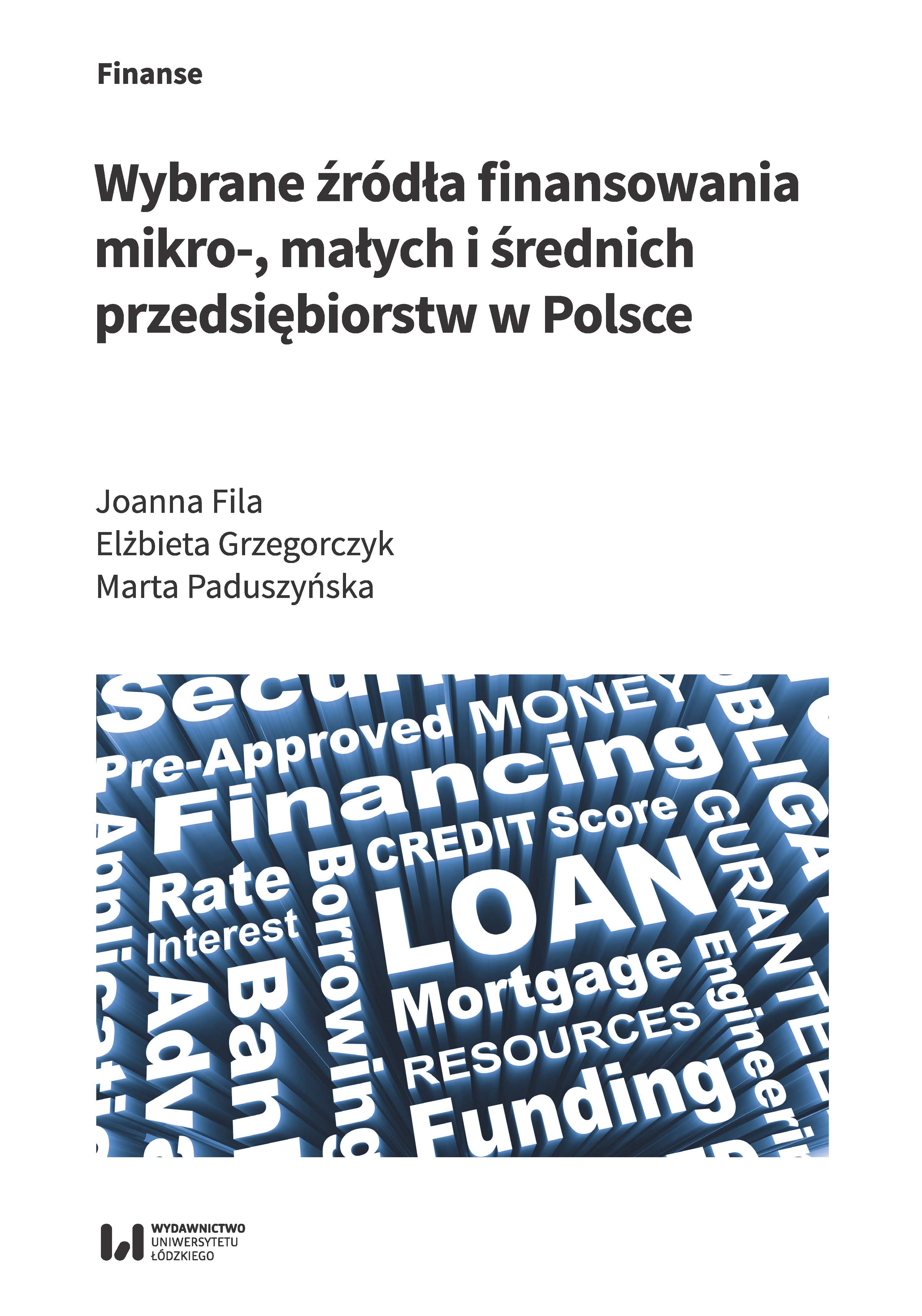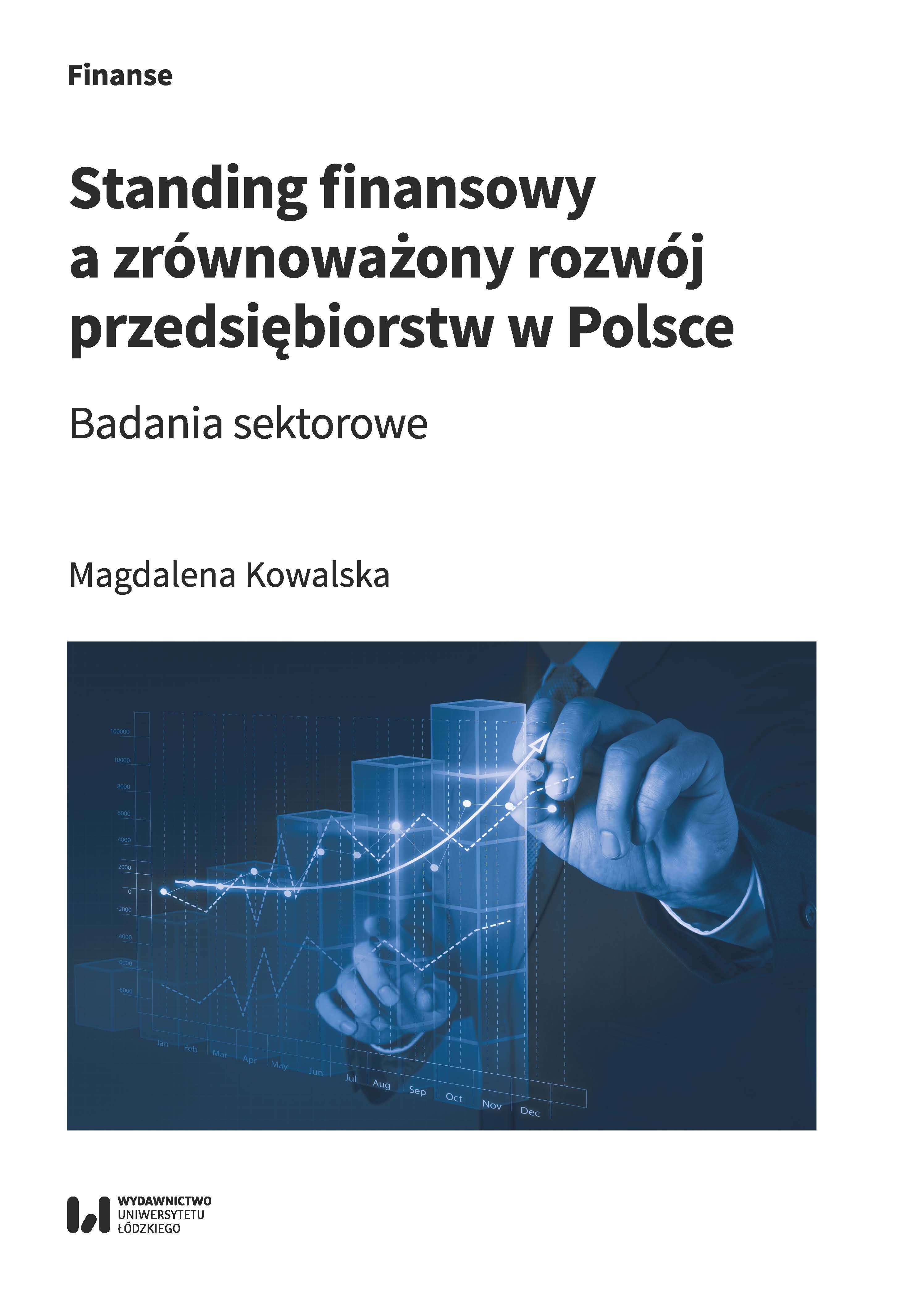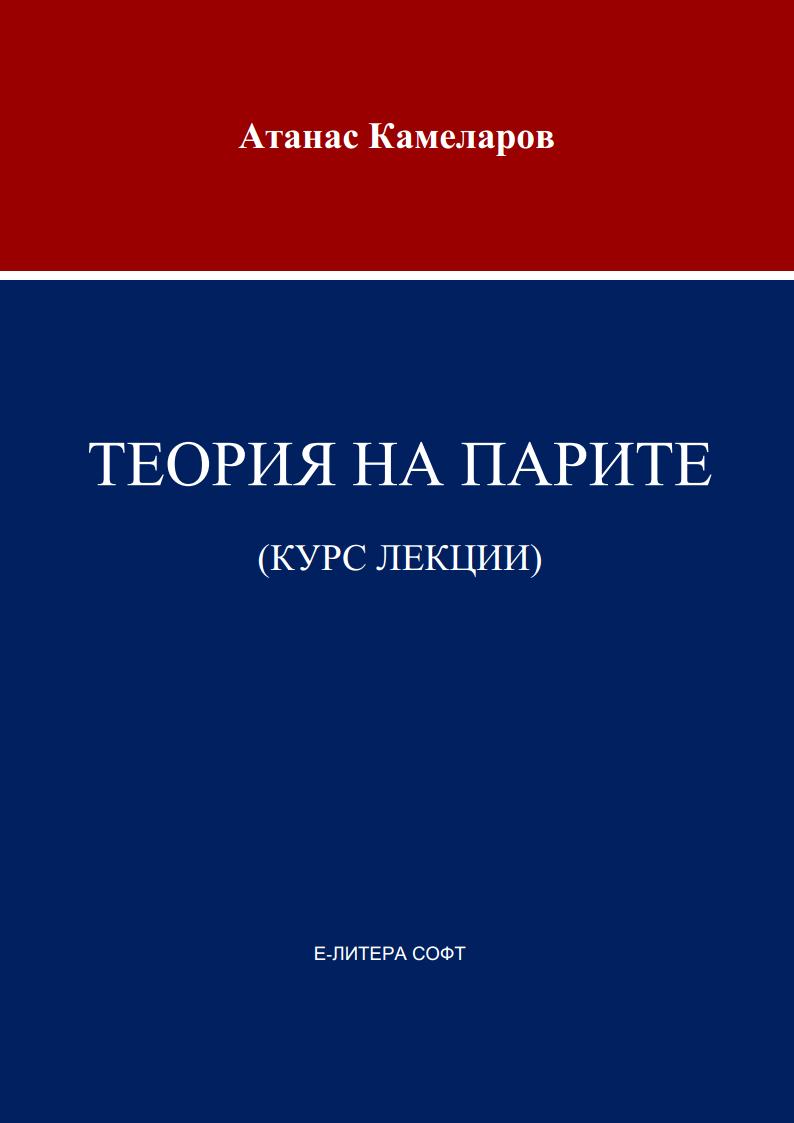
Теория на парите
This textbook is a specialized course on monetary theory and is designed for students in academic programme in Finance at the University of economics – Varna. It also may be useful for people who are curious about theory of money. The main subjects include: the presentation of key conceptual framework of modern money; description of the monetary system design; the theoretical aspects of research on the role of money in the economy; the main issues of central banking and modern monetary policy. Special attention is paid to the Currency board which has been operated in Bulgaria for 20 years, and to the institutional and functional framework of the Eurosystem and the European Central Bank.
More...

